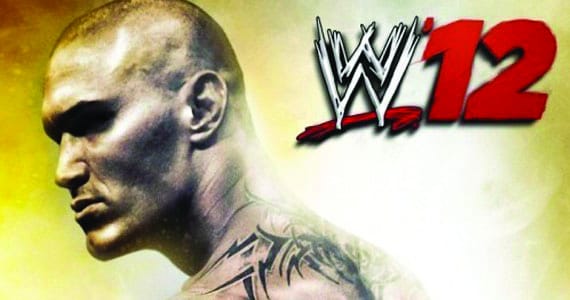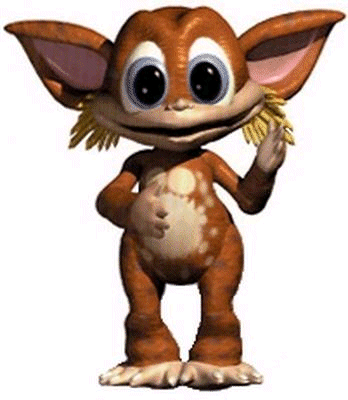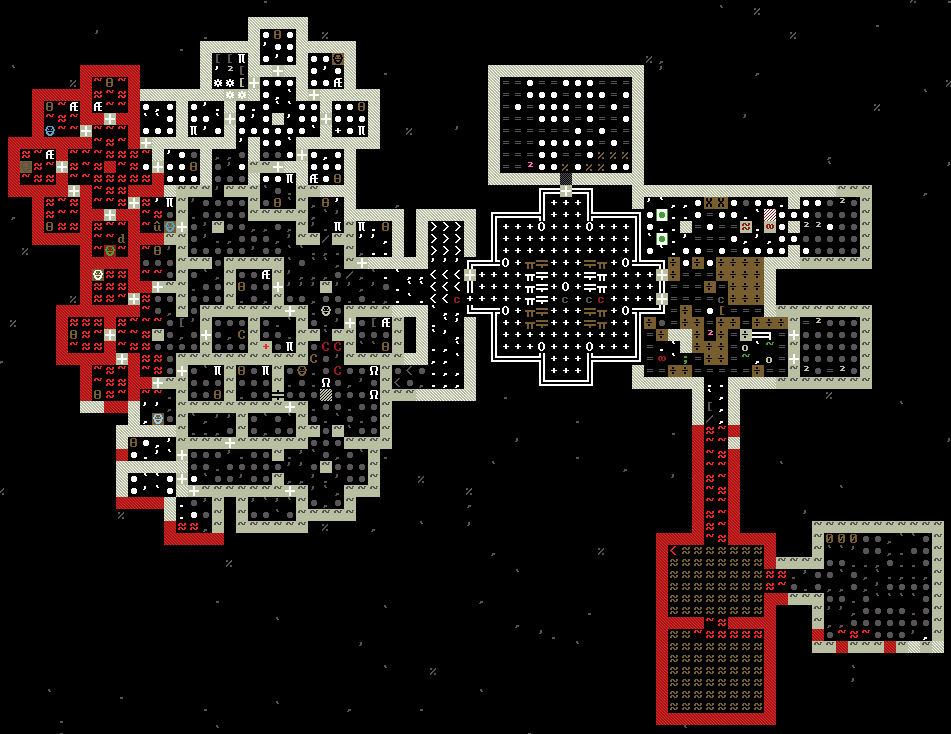A right royal roundup
As 2011 draws to a close Philip Kent summarises the big events of the year – gaming related, of course
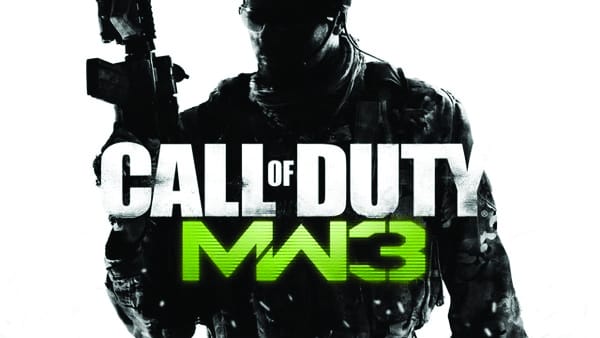
Hacks, cracks and website attacks
Without a doubt, the biggest thing to hit the gaming world this year would have to be April’s takedown of the PSN. Gamers were originally left in the dark about the whole situation, with Sony initially only offering the explanation that there was an ‘external intrusion’. It took Sony days to even admit that addressed and payment details may have been stolen – with some reporting malicious use of debit cards.

Subscribers did get a substantial apology from Sony – as well as identity theft protection for their US users, customers got two free games as well as their memberships extended for free. However, the damage was done; Sony estimated the costs from the break-in to amount to $171m for the 23 days the PSN was down for.
Valve had some bad news too. The Steam forums suffered from an attack last month, with Valve also deciding to go silent and pretend that the site was down just for some maintenance. When they did admit the extent of the damage, we learnt that a Steam database had been broken into, with passwords and credit card details potentially in the hands of criminals.
Luckily for Steam users, the forums returned in just a few weeks, and it didn’t affect the entire service, though, it is a stark reminder of the risks involved with “cloud” gaming services such as Steam and the PSN.
Releases Galore
There has been plenty of good news this year though, with lots of major releases to keep your fingers occupied with. The first was back in March when the much-anticipated Crysis 2 was released, which reached over three million sales by June, and was generally decided to be an excellent title by the critics. Crytek’s rhetoric machine was in full force for this release, with executives saying that Crysis 2’s graphics, AI and gameplay are the best in video gaming history.
Valve also put out a new title: the equally anticipated Portal 2. Even if you got tired of Cave Johnson’s voice, Portal 2 has much to offer, with hilarious dialog, challenging puzzles and cooperative multiplayer. This also saw the start of Valve’s obsession with hats, which developed further in June when Valve rereleased Team Fortress 2 as free to play, with added benefits available to those who pay. You can also spend some of your hard-earned cash on hats, with a Proof of Purchase hat available for those who shell out for the premium version of TF2.
Fans of war games were also not disappointed in 2011, thanks to the release of both Modern Warfare 3 in November and, surprisingly, Duke Nukem Forever. MW3 was well received, and also saw the launch of the Call of Duty Elite web service, allowing die-hard fans to keep up to date on every single statistic, improve their game with “deep strategies” and much more.
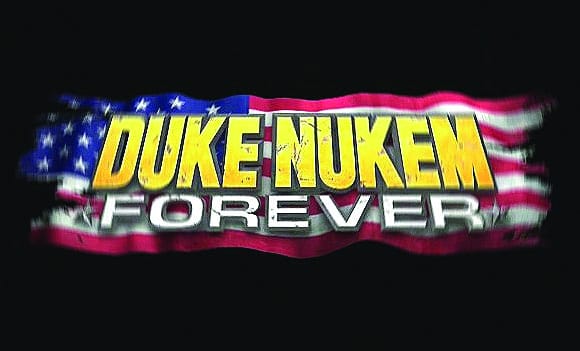
Duke Nukem, on the other hand, was a bit of a disaster. It may have taken 14 years to be released (an event which many may still find shocking), though this didn’t lead to quality – Metacritic scores gave it a verdict of being merely average. And the bad news didn’t end there – reviews slammed the game for its immaturity; the Official Xbox Magazine UK even said "isn't so much offensive or misogynistic as just suffering from an adolescent fixation with boobs and crowbarred-in innuendo."
The Humble Indie Bundle ‘pay what you want’ model raised over $2m
For those who preferred something a little bit lighter, the third Humble Indie Bundle was released in the summer, with many excellent titles such as VVVVVV, Clash of the Titans and And Yet It Moves. The ‘pay what you want’ model raised over $2m, of which part went to charity. This was followed by additional Frozen Synapse and Introversion bundles.
Steam showed 230,000 concurrent players on the day of Skyrim’s release
And, of course, no wrap up of the year’s big releases is complete without Skyrim, one of a few games to receive universal acclaim. Steam showed 230,000 concurrent players on the day of release, and approximately $450m in sales over just five days, making it the second best selling game this year, beaten only by Modern Warfare 3.
Consoles on the way
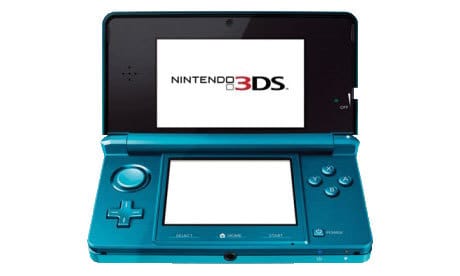
Bar the Xbox 360 dashboard being revamped a couple of times, Microsoft and Sony have been mute regarding new consoles. Nintendo, on the other hand, kicked off the year with the 3DS, an improved version of Nintendo’s handheld games console, but with the unusual ability of supporting 3D gaming without the need for bulky glasses. It is, however, not perfect. The 3DS comes in at £120, with games ranging from £30 to a hefty £40, and suffers from a poor, 5-hour battery life.
What may be more successful for them is 2012’s Wii U, the successor to their last console in 2006. This was unveiled at June’s E3, and features a touchscreen on the controller, in addition to the high definition playback on the television. This would be in addition to using the older Wiimotes, and backwards compatibility (at least from an optical media angle) would be restricted to Wii games, owners of large GameCube libraries may have to repurchase their titles from whatever (if anything) succeeds the Virtual Console.
What can we expect in ‘12?
It’s hard to tell what will happen next year. One of the arguments against the high price of the 3DS games is the high cost, especially when you consider the increasing number of people gaming on their mobile phones, thanks to app store mania. This definitely seems to be the way things are going – Atari released 100 of their classic games onto iOS, and there have been calls by Nintendo’s investors to do the same.
PC gaming has had a bit of a renaissance year, and hopefully this is a trend that will continue. Services like Steam are continuously becoming more popular, though with EA pulling all their games off of Steam to sell solely on their own Origin service, it may be that fragmentation will lead to harming the use of the PC as a gaming machine.
As ever, time will tell.



